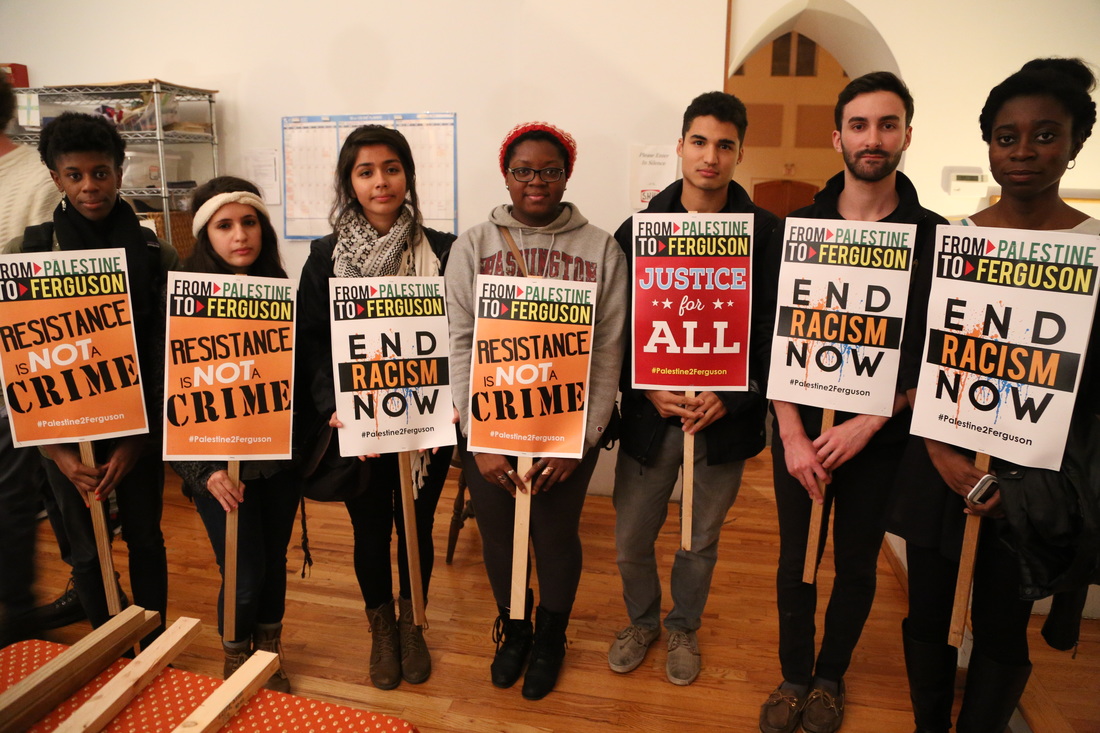Author: ISM Media
-
International call for volunteers
21st August 2015 | International Solidarity Movement, Ramallah Team | Occupied Palestine Update 6th September: We are making an urgent call for volunteers to come and join us to support Palestinians in their daily resistance towards the Israeli illegal occupation of their land. Just this last Wednesday, a 75 year old woman was brutally attacked by…
-
Israel issues demolition order for mosque in East Jerusalem
22nd August 2015 | Ma’an News Agency | Silwan, Occupied East Jerusalem The article was originally published by Ma’an News Agency. JERUSALEM (Ma’an) — Israeli municipality officials delivered a demolition order Friday to the al-Qaaqaa Mosque, a house, and a studio apartment in the Silwan neighborhood of occupied East Jerusalem, local sources told Ma’an. Majdi al-Abbasi,…
-
1,000 Black activists, artists, and scholars demand justice for Palestine
19th August 2015 | Black4Palestine | USA Over 1,000 Black activists, artists, scholars, students, and organizations have launched a statement expressing their solidarity and commitment to ensuring justice for Palestinians. Signatories to the statement span a wide cross-section of Black activists and scholars, including Angela Davis, Boots Riley, Cornel West, dream hampton, Emory Douglas, Mumia Abu-Jamal, Pam…



